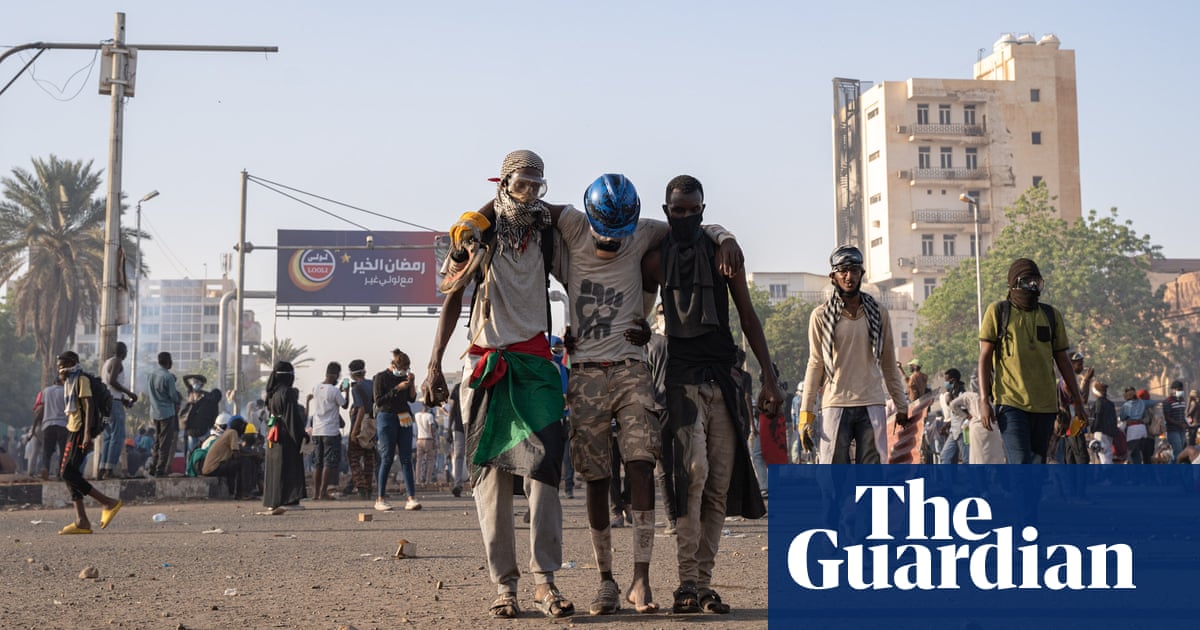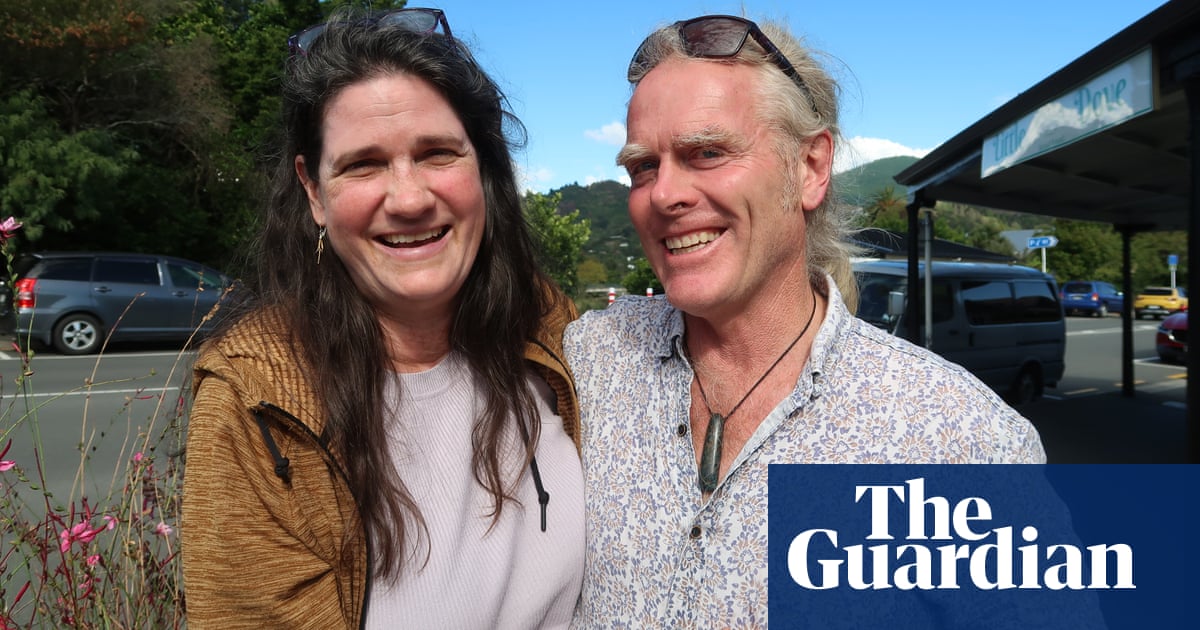
he news has been awash with images of an oil spill off the coast of Mauritius – a beautiful, tropical island in the middle of the Indian Ocean where my family is from. For me the images are gut-wrenching. The lagoon where this massive spill is happening is where many of my family lives. It’s where I used to swim and snorkel for hours and hours as a kid. It’s where I used to go fishing with my late grandfather who lived on the shore of this lagoon for decades with my grandmother.
It’s one of the most beautiful places on Earth I know, and it is being devastated. Already over 1,000 tonnes of oil have leaked out of the Japanese carrier MV Wakashio that ran aground on the coral reef, and thousands more could follow if the ship breaks apart.
That oil is spilling into a beautiful lagoon off the coast of Pointe d’Esny – an area of international ecological importance. It’s home to stunning marine ecosystems and ecological preserves like Ile aux Aigrettes, a tiny coral island filled with endemic birds, plants and animals.
Now that area is faced with a catastrophe that will poison fish, bird and coral life for years to come, as well as the communities that rely on them. While the oil spill is a devastating ecological tragedy, Mauritius has long been under assault by the coal, oil and gas industries. Thanks to fossil fuels driving global heating, the coral reefs were already threatened by coral bleaching, caused by the warming and acidification of the ocean.
In 2017, I returned to Mauritius to visit my family after my grandfather passed away. I went snorkelling in the now oil-soaked lagoon he loved and called home, where we used to fish together. I returned to one of my favourite spots, called Blue Bay. But what I saw was very different to the Blue Bay of my childhood memories. Much of its rich, diverse tapestry of life was reduced to a ghostly remnant by coral bleaching. The once thriving coral communities were now hauntingly quiet, with only a few fish straggling over the coral remnants.
Across Mauritius live coral has declined by as much as 70% between 1997 and 2007. It is sad enough losing beautiful ecosystems for their own sake, but the loss of coral reefs hurts communities too. An estimated 1 billion people have some dependence on coral reefs across the world, for food and income from fishing. Those coral communities are also the backbone of many coastal tourism industries, which in Mauritius accounts for about 20% of the national GDP and employs about 20% of the population.
Beyond fishing and tourism, reefs protect coastlines from storm surges, cyclones and extreme weather – vital as global heating drives a rise in sea levels and an increased incidence of extreme weather. Some beaches in Mauritius have shrunk by as much as 20 metres over the last few decades, due to higher sea levels and weakened coral ecosystems. As heating hastens, so will the erosion and loss of coastline, which will claim more and more coastal communities and ecosystems and threaten to inundate coastal freshwater tables.
The rising seas put hundreds of millions of people around the world within direct reach of coastal flooding, and hundreds of millions more if we do not act rapidly on the climate crisis. Homes, businesses, ports, roads, coastal infrastructure and entire island nations could all be overwhelmed by the ocean.
For those who grew up in love with the ocean, seeing it as a source of sustenance and life, having to see it as an existential threat represents a truly deep and profound loss. Cultures and communities built on their relationships with the ocean are being disrupted and displaced.
As for coral reefs, the Intergovernmental Panel on Climate Change warns that without radical action to reduce emissions we could see them virtually extinct by 2050. Whether coral reefs survive depends on if we keep global heating to 1.5C. That in turn depends on whether we enact a green and just recovery from Covid-19. If we don’t, it will be too late.
Having had the privilege to experience the majesty of Mauritius’ incredible ocean ecosystems as a child, the knowledge that future children might only visit the ruins that remain ignites a deep fire within. While that fire represents a deep loss, it is also a fire that has driven me to dedicate most of my life to fighting for climate justice.
I am not alone either. As people the world over see the communities, ecosystems and world they love ravaged by the climate emergency, so the fires of resistance burn brighter, growing into a beautiful and powerful climate justice movement.
The vital question ahead is whether we will be able to stoke those fires into a movement big and powerful enough to take on the collective inertia and vested interests holding us back from needed transformation.
Whether we can do so could mean the difference between whether we have coral reefs or not. It could mean the difference between whether the lagoon I grew up loving will ever really recover. It will determine whether we are able to contain the worst ravages of climate disruption.
• Alex Lenferna is a climate justice campaigner with 350Africa.org












